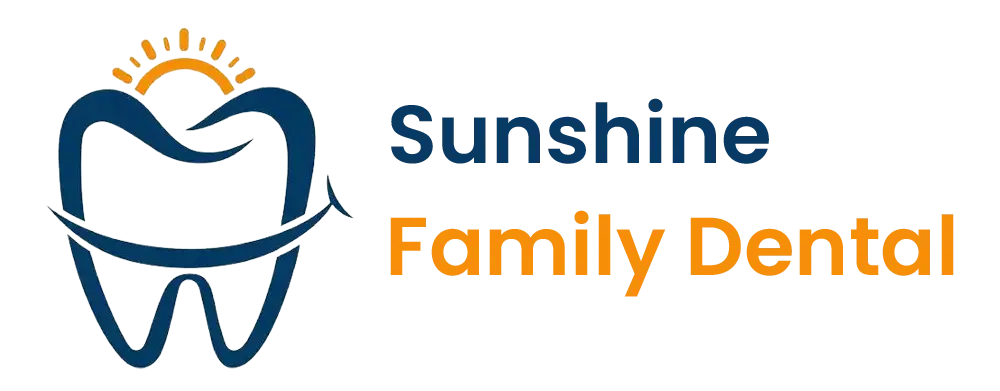Dental X-rays are radiograph pictures of your teeth which our dentist will use to assess the condition of your oral health. They aid our dentist in determining the health of the teeth, jaw position, facial bone structure, and identifying issues, such as cavities and damaged teeth.
Dental X-rays can seem complicated. However, they are a commonly used diagnostic tool. They are a great way to identify problems that are not visible through oral examinations. The early detection and treatment of oral concerns can help you save money and prevent discomfort.
What Oral Conditions Can X-Rays Aid in Identifying?
X-rays aid our dentist in diagnosing issues related to your teeth and jaws.
For adults, X-rays can show:
- Abscesses
- Decay beneath existing dental fillings
- Loss of jawbone
- Small areas of decay in between teeth
- Cysts and certain types of tumors
- Changes in the root canal or bone, caused by inflammation
- Help in preparing for various dental procedures, such as implants, braces, dentures.
In children, X-rays determine:
- Any developing decay
- If there is enough room within the mouth to accommodate new teeth
- If wisdom teeth are developing
- Any affected teeth
What is the Recommended Frequency for Dental X-rays?
The frequency of X-rays depends upon your dental history and the current state of health. Certain people might require X-rays every six months. In contrast, others who do not have recent gum or dental issues and have regular appointments with their dentist could require X-rays once every two years.
Are Dental X-rays Safe?
The amount of radiation released by X-rays is minimal. Like X-ray machines, modern advances in dentistry limit the radiation beam to a limited area. High-speed X-rays, full-body aprons, federal regulations that demand precision and safety tests for X-ray equipment are just a few advancements that reduce the radiation received by the patients.
Preparing for Dental X-rays
Dental X-rays require no special preparation. The only thing you will need to do is brush and clean your teeth before the appointment. You will be seated in a chair with a lead vest over your lap and chest in the dental office. The X-ray machine records pictures of the mouth, which we will later use to examine your concern.
After Dental X-rays
Once the X-rays images are completed, your dentist will examine the images to look for any irregularities and review the X-rays' outcomes with you. Suitable treatment will be suggested based on the observations.
Please reach out to our dental practice in Pleasanton, CA, to have a consultation with our dentist in Pleasanton CA, Dr. Dogra. Please call us at (925) 600-9006 or schedule an online consultation, and we'll guide you further.
